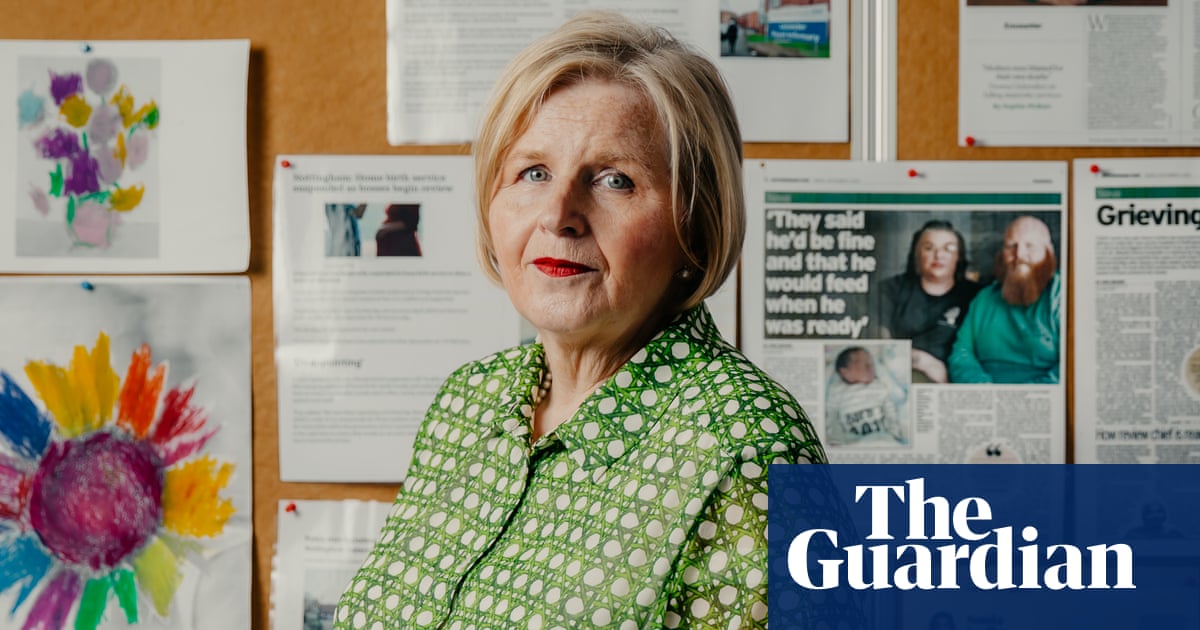Almost half of pregnant black women raised concerns to healthcare professionals during labour, with half saying that their concerns were also not properly addressed, according to the largest report of its kind.
Black women in the UK are up to four times more likely to die during childbirth compared with their white counterparts, and are also more likely to experience serious birth complications and perinatal mental health illnesses.
Five X More, an organisation dedicated to improving black maternal health outcomes, confirmed these findings through a study of the maternity experiences of more than 1,000 black and mixed-race people who were pregnant between July 2021 and March 2025.
The report found that more than half (54%) of respondents experienced challenges with healthcare professionals, and that just under a quarter (23%) of black women did not receive pain relief when they requested it. And of these women, 40% said they were given no explanation as to why that was the case.
Furthermore, 45% of respondents raised concerns during their labour and of these, under half (49%) said their concerns were not properly addressed.
Tinuke Awe and Clotilde Abe, the co-founders of Five X More, said that the report shows that the maternity system is failing black women, and that it is also a “call to action” to address these disparities.
“Black women deserve better care and communication. The statistics around black women dying in and around pregnancy and having adverse outcomes have been around for decades now. Black women deserve to be treated with dignity at every stage of their maternity journey and the burden cannot keep falling on them to make the system work,” they said.
“While we’re still seeing the same issues we raised years ago, such as systemic failings, being ignored in pain, and poor understanding of conditions affecting black women, new themes are also emerging like the emotional toll of self-advocacy and the impact of not having consistent or trusted care.”
The research also found that only six in 10 respondents rated their antenatal care as good or high quality, while almost a third (28%) reported experiencing discrimination, and only a fifth had been informed on how to make a complaint.
One respondent who, after having had an emergency C-section, said she had to constantly call the nurses to give her pain relief, said: “I was in excruciating pain and also was sick for 13 hours and received more support from other mothers and their partners on their ward than from the midwives … I was treated really poorly.”
The health and social care committee is in the middle of an inquiry into black maternal health and, earlier this month, the health secretary announced the launch of a national maternity investigation.
Paulette Hamilton, the MP for Birmingham Erdington and chair of the all-party parliamentary group on black health, said the findings were “deeply troubling”, but “sadly not surprising”.
“Black women continue to face systemic inequalities in maternity care, from discrimination and unmet pain relief to dismissed concerns. These shocking figures expose a healthcare system that too often fails black mothers and puts lives at risk,” Hamilton said.
“We urgently need better training, greater accountability and culturally competent care. No woman should ever feel unheard or unsafe when bringing life into the world.”
The Department of Health and Social Care said: “These findings are unacceptable. No woman should go unheard, dismissed or discriminated against while going through maternity care.
“Ending these inexcusable inequalities will be a key area of focus in the upcoming national maternity and neonatal investigation, which will help deliver safe and compassionate maternity care for all women, no matter who they are.”.

 14 hours ago
2
14 hours ago
2










 English (US)
English (US)